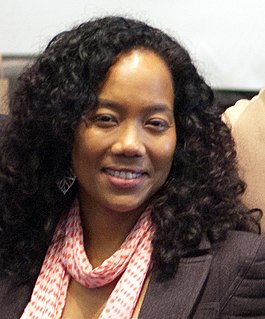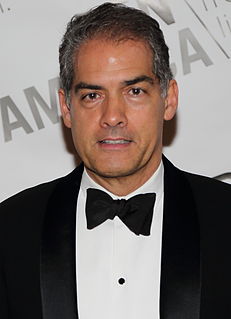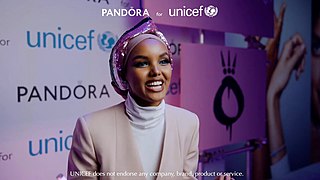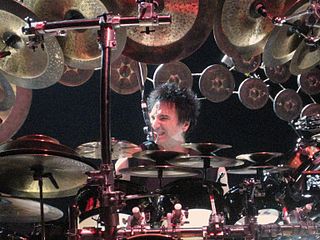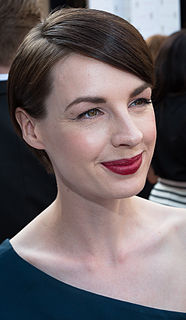A Quote by Jay Asher
I felt I had a very innocent childhood and I feel privileged by that. But as an adult, I know that there were people who didn't have that. There are a lot of teens who haven't had as easy a childhood as me, and having literature that explores these "darker" parts helps relieve the burden and stress they may be feeling. As a writer, there is often a temptation to draw back when we write for teens - to preserve their innocence. But the reality is, if someone has already had that innocence taken in their life, then not writing about it is just brushing it under the rug.
Quote Topics
Related Quotes
I feel almost as if I had been born in a vacuum of innocence, and then had to come to terms with the fact that actually, I was born into the middle of history - the rather grimy normality of the 70s, which did, indeed, retain some traces of human innocence, but were also girded about by the demons of experience.
The young adult literature is relatively new - it just kind of exploded in the 2000s. When I grew up, there weren't bookstores with sections dedicated to teen lit, nor was my generation raised reading books written specifically for us. Because of that, today we still think of books for teens as children's books and so when you write a book that includes sensitive topics, it just seems even more controversial. What's troubling to me about that is these are issues adults know that teens deal with. Not writing about them makes them something we don't, or can't talk about.
But when I realized it was actually going to be this portrait of the artist, birth to death, I had to then discover who Margaret as a young woman would be. I had to find the different voices for her throughout her life. I had a lot of fun discovering that. I had a lot of fun writing the childhood sections. By imagining her childhood, I was able to come up with this voice that matures as she gets older.
I had been composing just for myself, and people would say I played so orchestrally, and wondered if I thought about having someone write a piece for me for an orchestra. And I thought, I don't want someone else to write that. You know I finally had made an overhead chart of my drums and what pitches the cymbals and toms were tuned to, and what have you. And I started to compose just with what I had for my solo drumming.
I got to college in '99, and I went to study literature and writing, and so within a couple years we had Bush elected, 9/11, we were at war, so I was sort of having my political and spiritual awakening at the same time I was becoming an adult, and that's a lot of stuff at once. I became very focused on the state of the world, and I started studying that stuff more, and I just had a real identity crisis. I couldn't even really just study literature.
My childhood was very difficult. I had every childhood disease and then some, but my parents didn't mollycoddle me. They left me to fight those battles on my own. I guess that was very Canadian, very stoic. But it's good. I had to become a warrior. I had to give up hope and find a substitute for hope that would be far more stable.
My childhood was very difficult. I had every childhood disease and then some, but my parents didnt mollycoddle me. They left me to fight those battles on my own. I guess that was very Canadian, very stoic. But its good. I had to become a warrior. I had to give up hope and find a substitute for hope that would be far more stable.
I don't really talk about this because it seems indulgent, but I lost my hair, I'm bald, I had alopecia in my teens. That was back in the late '80s, well before people shaved their heads. So it's probably one of the reasons why I have been obsessed with that age, because it's locked in time where I feel like I had this personal loss that so affected my vanity, and I don't really feel like I handled it well. I'm so much older now, so it's not a big deal, but when I think back at it, I can conjure up how I felt then.



